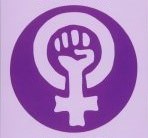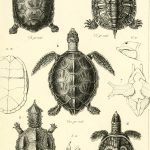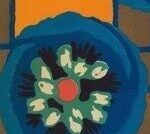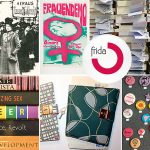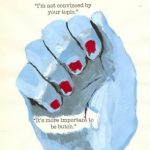 Feral Feminisms. An open access feminist online journal (Web)
Feral Feminisms. An open access feminist online journal (Web)
Feral Feminisms takes the feral as a provocative call to untaming, queering, and radicalizing feminist thought and practice today. Feral Feminisms is an independent, inter-media, peer reviewed, open access online journal from Toronto, Canada.
It is a space for students and scholars, artists and activists, to engage with the many sites and problematics of feminist studies – as understood broadly and across disciplines, genres, methods, politics, times, and contexts. Each issue of Feral Feminisms builds around a particular thematic, compiling diverse creative, queer, and always feral responses to the calls for papers.
All Issues
Issue 1: The Politics of Resistance (2013) (Web)
Issue 2: Perversity, BDSM, and Desire (2014) (Web)
Issue 3: Feminine Feelers (1/2015) (Web)
Issue 4: Transnational Analysis of Settler Colonialism (2/2015) (Web)
Issue 5: Untimely Bodies (1/2016) (Web)
Issue 6: Feral Theory (2/2016) (Web)
Issue 7: Queer Feminine Affinities (1/2018) (Web)
Issue 8: Critical Interventions in Rape Culture (1/2019) (Web)
Issue 9: Queer and Women of Color Manifestas (2/2019) (Web)
Issue 9.2: Trans and Nonbinary Authors Reviews (2020) (Web)

